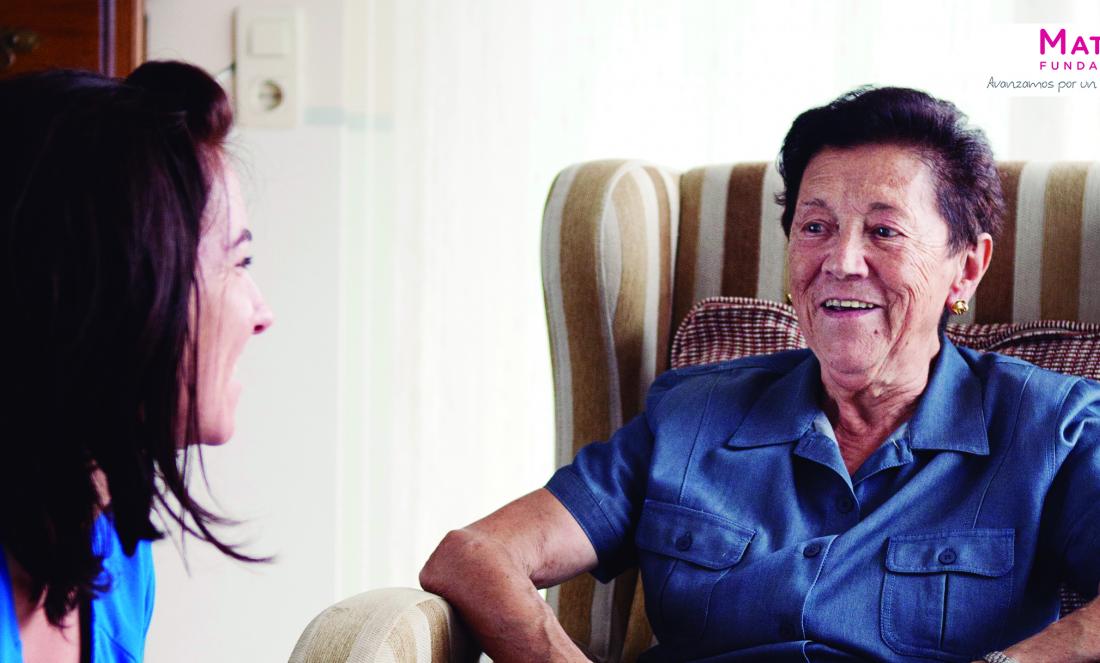
The importance of Daily Life
A second qualitative study based on the same techniques and derived from the previous one and which we told you about in the post "Growing old at home or like at home" (sample of 40 people over 65 years old in different situations of autonomy and dependence), was carried out in 2011, with the aim of going deeper into this new model of care that was derived from the previous study and what the main contents of this new model should be.
This study sought to understand the meaning of the daily life of the elderly, according to the experience and opinion of the elderly themselves. The results of the study can be summarized in the importance of the following four aspects:
- The importance of daily life and routines.
As the loss of capacity (real or perceived) takes hold in the course of ageing, habit (what is regular, what is repeated) becomes the defining mark of everyday life.
For those who do not trust their capacity to respond, the relationship with the environment incorporates an extra requirement for control and planning, as a way of recovering and/or maintaining autonomy, and the house appears as a more feasible space for controlling the environment.
- The space and the everyday.
The domestic space as a place of relationship represents a space where the identity of the subject is built, with a double relationship: the person has been structuring the space throughout his life; and the objects and the space operate as an anchorage where the subject preserves and builds himself, through the experience of his objects and spaces.
The house and the life in it, is a space of control and every house has the mark of the biography of the subject. In the home and in everyday life, the well-being of the elderly is determined. This intimate relationship between spaces full of meaning and their identity increases with age, as it is increasingly difficult to re-signify.
- The daily struggle for autonomy.
Elderly people refer to a constant struggle to preserve control over what can be done without help. Activity, being able to do something, shapes life. Everything that is delegated is lost ground. "Having obligations" supports the individual in his connection with his life. One is what one does, hence activity is linked to identity and biography.
- The distance between what one wants to do and what one can do is an essential indicator.
- To recognise oneself in the activity (the continuity of projects is the continuity of life)
- The importance of giving continuity to life projects is evident: to habits, to relationships, to activity,..., where people recognize themselves,..., understanding their progressive and variable character.
- Responsibility is a source of satisfaction. It is about being able to do the things you want to do as you like to do them.
And this refers to dignity, that is, dignity understood as the capacity to decide freely and responsibly, the way one wants to live. Regardless of whether an activity has a successful end result or not, responsibility is synonymous with independence.

Add new comment